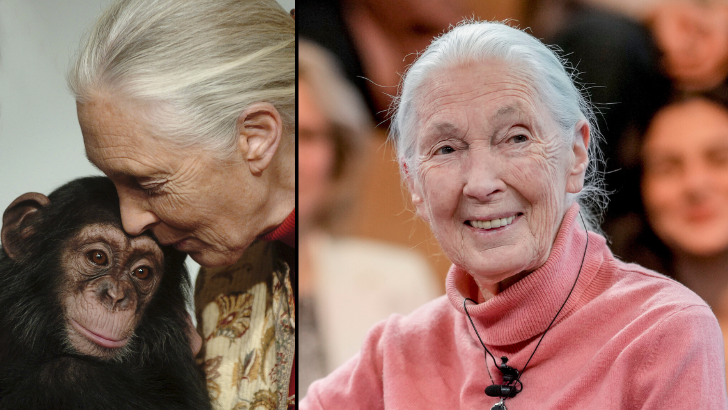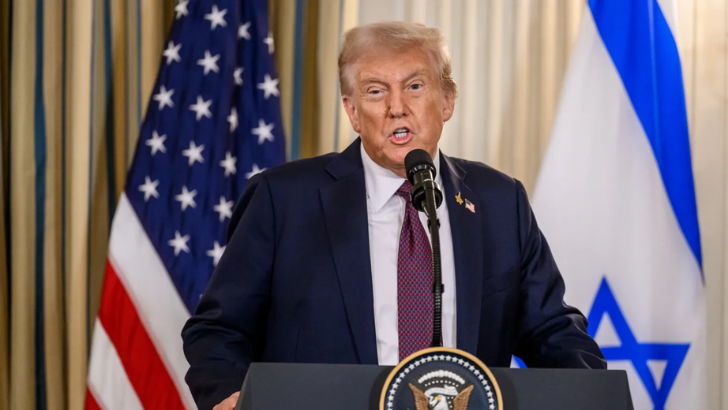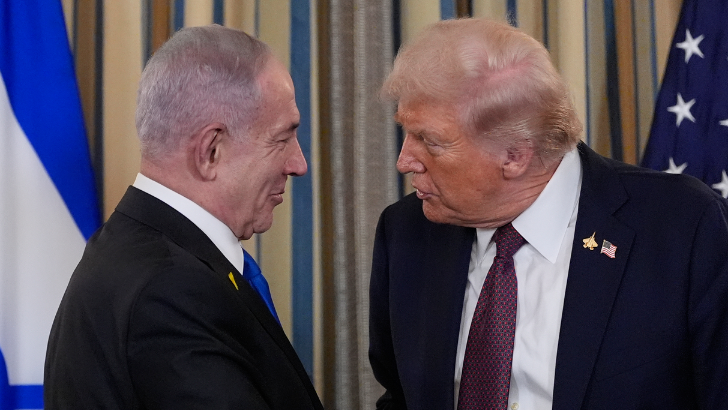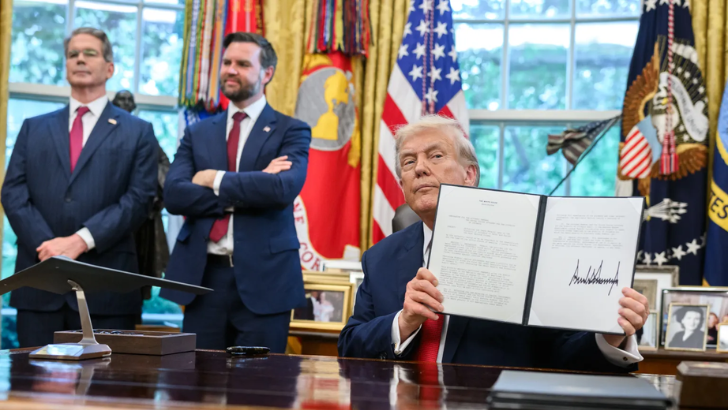Jane Goodall, chimpanzee expert & primatologist, dies
While living among chimpanzees in Africa decades ago, Goodall documented them doing activities previously believed to be exclusive to humans.
PTI
-
From her home in Britain, Jane travelled nearly 300 days a year, even after she turned 90. (PTI)
Washington, 2 Oct
The environmental advocate became a beloved household name
who transcended generations through her appearances in documentaries and on
television, as well as her travels to address packed auditoriums around the
world.
The Jane Goodall Institute announced the primatologist's
death Wednesday in an Instagram post. According to the Washington, DC-based
institute, Goodall died of natural causes while in California on a US speaking
tour.
Her discoveries “revolutionised science, and she was a
tireless advocate for the protection and restoration of our natural world,” it
said.
While living among chimpanzees in Africa decades ago,
Goodall documented them doing activities previously believed to be exclusive to
humans. Her observations and subsequent magazine and documentary appearances in
the 1960s transformed how the world perceived not only humans' closest living
biological relatives but also the emotional and social complexity of all
animals, while propelling her into the public consciousness.
“Out there in nature by myself, when you're alone, you can become part of nature and your humanity doesn't get in the way,” she told The Associated Press in 2021. “It's almost like an out-of-body experience when suddenly you hear different sounds and you smell different smells and you're actually part of this amazing tapestry of life.”
Goodall never lost
hope for the future
She had been scheduled to meet with students and teachers on
Wednesday to launch the planting of 5,000 trees around wildfire burn zones in
the Los Angeles area. Organisers learned of her death as the event was to begin
at EF Academy in Pasadena, said spokesperson Shawna Marino. The first tree was
planted in Goodall's name after a moment of silence.
“I don't think there's any better way to honour her legacy
than having a thousand children gathered for her,” Marino said.
Goodall in her later years devoted decades to education and
advocacy on humanitarian causes and protecting the natural world. In her
British accent, she was known for balancing the grim realities of the climate
crisis with a sincere message of hope for the future.
From her base in the British coastal town of Bournemouth,
she travelled nearly 300 days a year, even after she turned 90, for public
speeches. Between more serious messages, her speeches often featured her
whooping like a chimpanzee or lamenting that Tarzan chose the wrong Jane.
Tributes from animal rights organisations, political leaders
and admirers poured in following news of her death.
“I'm deeply saddened to learn about the passing of Jane
Goodall, our dear Messenger of Peace. She is leaving an extraordinary legacy
for humanity & our planet,” said United Nations Secretary-General António
Guterres.
Nature broadcaster Chris Packham reflected on her relentless
advocacy until the very end.
“In many ways Jane just died on the job,” he said. “The job
that her life became. And that was protecting life on earth.”
Living among the
chimpanzees
While first studying chimps in Tanzania in the early 1960s,
Goodall was known for her unconventional approach. She didn't simply observe
them from afar but immersed herself in every aspect of their lives. She fed
them and gave them names instead of numbers, which some scientists criticised.
Her findings were circulated to millions when she first
appeared on the cover of National Geographic in 1963 and then in a popular
documentary. A collection of photos of Goodall in the field helped her and even
some of the chimps become famous. One iconic image showed her crouching across
from the infant chimpanzee named Flint. Each has arms outstretched, reaching
for the other.
In 1972, the Sunday Times published an obituary for Flo,
Flint's mother and the dominant matriarch. Flint died soon after showing signs
of grief and losing weight.
“What the chimps have taught me over the years is they're so
like us. They've blurred the line between humans and animals,” she said in
1997.
University of St Andrews primatologist Catherine Hobaiter,
who studies communication in chimpanzees, said that when she first heard
Goodall speak, it transformed her view of science.
“It was the first time as a young scientist working with
wild apes and wild chimpanzees that I got to hear that it was OK to feel
something,” she said.
Goodall earned top civilian honours from a number of
countries. She was awarded the Presidential Medal of Freedom in 2025 by then-US
President Joe Biden and in 2021 won the prestigious Templeton Prize, which
honours individuals whose life's work embodies a fusion of science and
spirituality.
The Humane World for Animals said Wednesday that Goodall's
influence on the animal protection community was immeasurable.
“Her work on behalf of primates and all animals will never
be forgotten,” said Kitty Block, president and CEO of the group formerly the
Humane Society of the United States and Humane Society International.
Leave a Reply
Your email address will not be published. Required fields are marked *

















.png)
.png)
.png)
